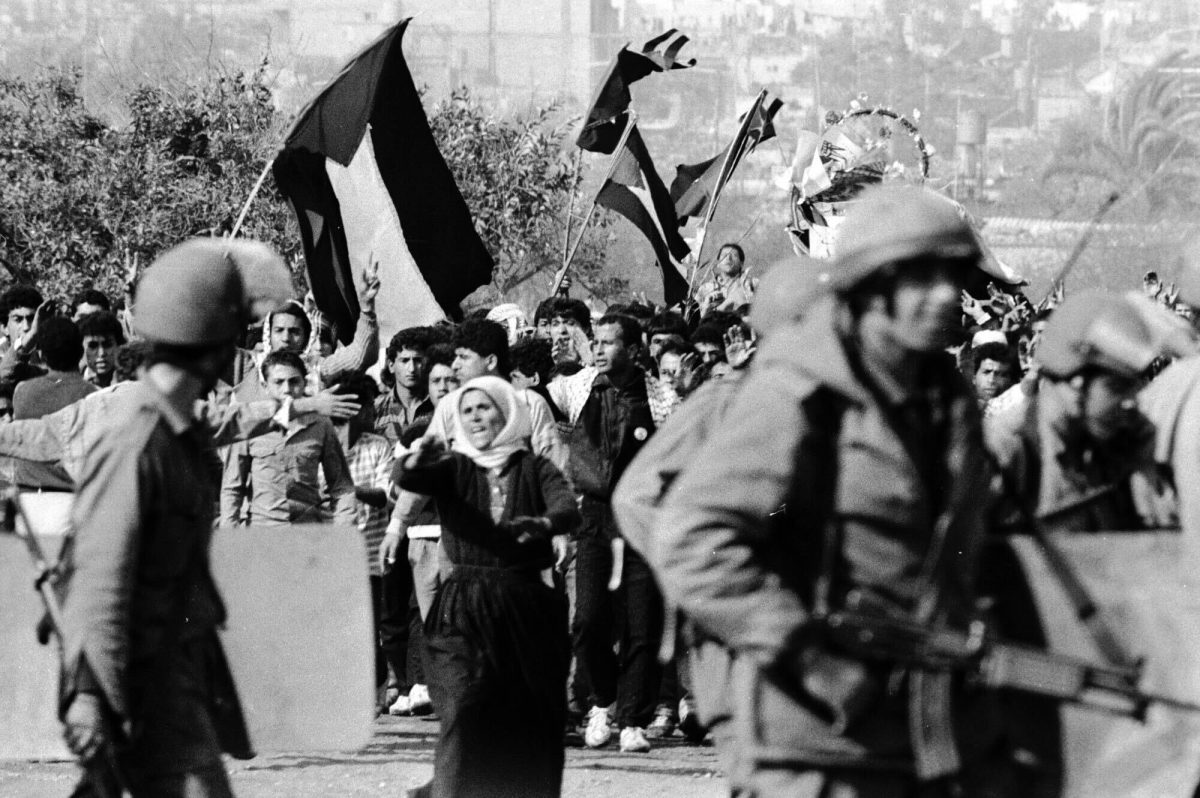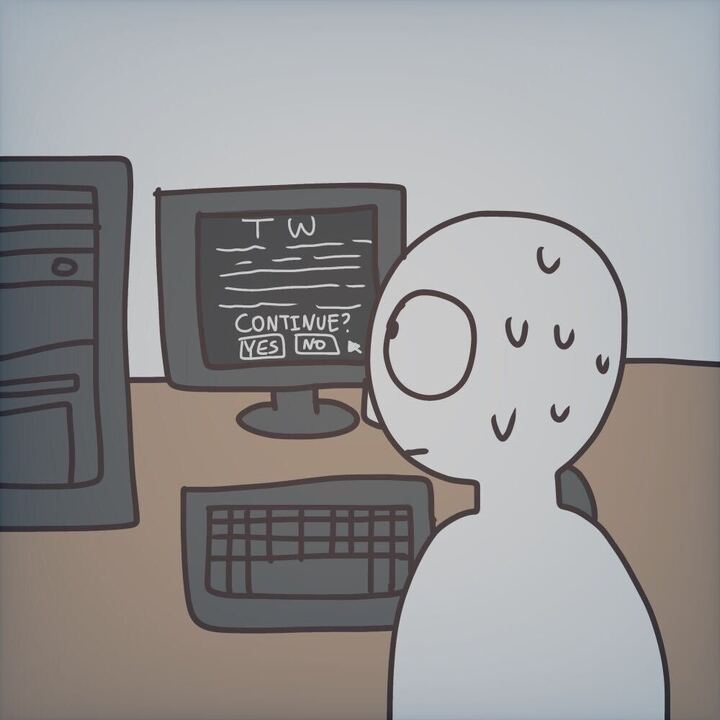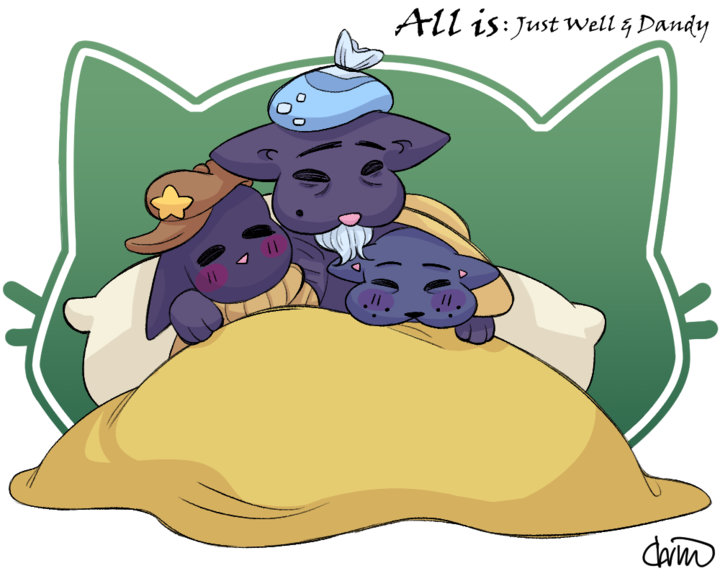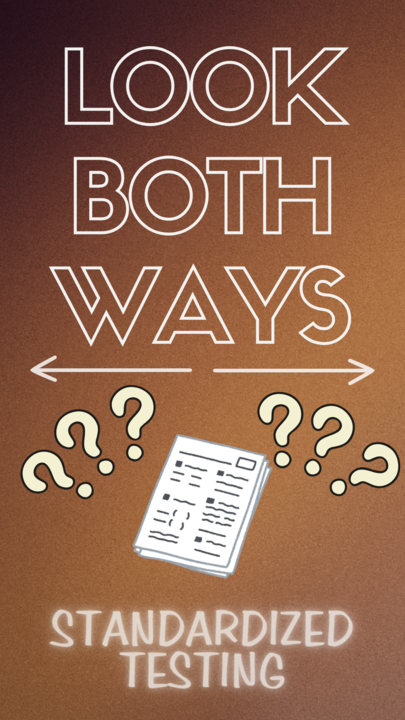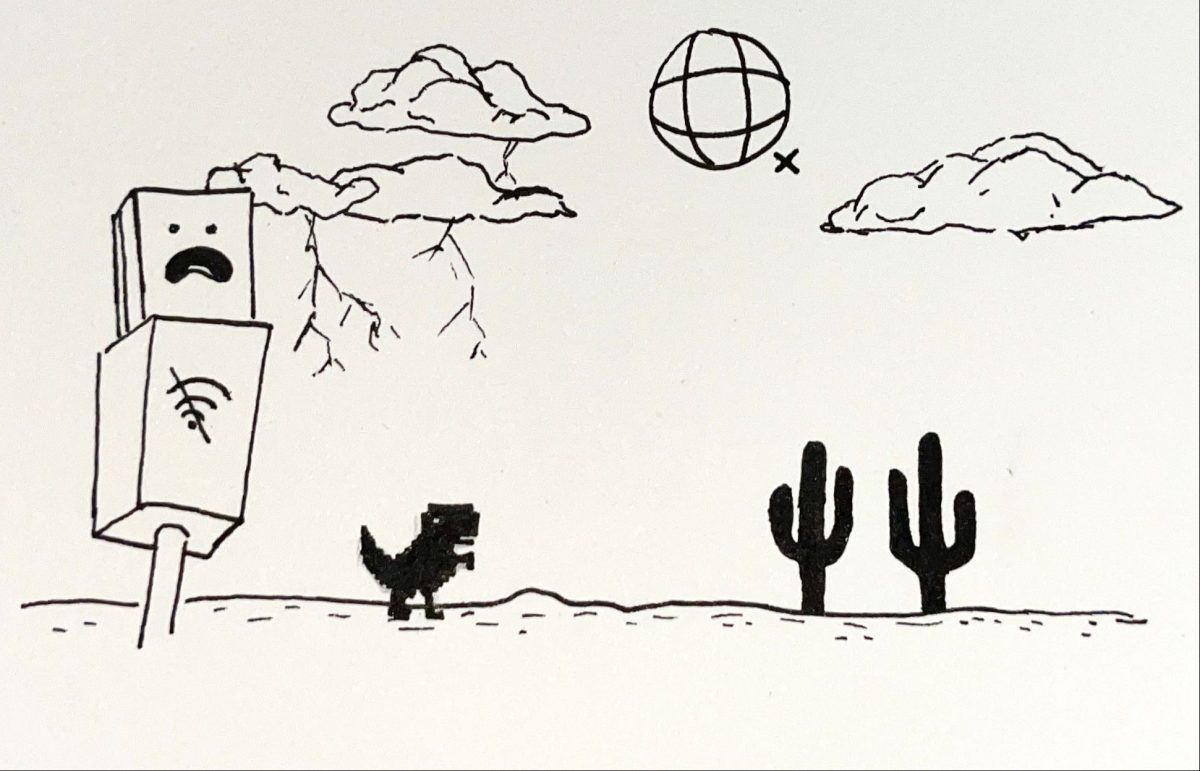The war between Hamas and Israel reached a horrible point in January with the seizure of the hospital Al-Shifa by Israeli forces and division of the Gaza Strip. Some defend Hamas but do not realize the terrible and crass mistake of not condemning Hamas: especially if pro-Palestine supporters have not experienced living in fear of terrorist organizations themselves.
When I was a child, my family went on a trip to the Colombian coast. We traveled from our home city only using our car, in a trip that normally is done in two days of driving.
At that time, the rural roads of Colombia suffered the scourge of a tactic of the guerrillas known as miraculous fishing, when guerrillas disguise themselves as soldiers of the army and make fake checkpoints. The guerrillas blocked a road, waited for cars to pile up in a traffic jam, then took people out to kidnap them for months, years or decades.
During the trip we were stopped by the army in San Juan Nepomuceno. The soldiers told us the town was a war zone and that there was a curfew. We were trapped for one night, listening to helicopters and watching sniper teams. The next day we left the town without major consequences.
But that doesn’t mean there aren’t lasting consequences.
Every day since then that I can remember, I wake up and look at the Columbian news. There’s always something: a massacre, a bombing, a kidnapping. Sometimes it’s far, across the country, other times it’s two blocks from where I live. I can’t remember the last time I wasn’t worried about the safety of my loved ones in Colombia.
Terrorist organizations like those in Colombia — and Hamas — exist all over the world, some more prominent such as Al-Qaeda and its subsidiaries, and many smaller ones such as the Shining Path or the National Liberation Army.
They all have something in common, and it is a long list of fatalities following their actions, of which the vast majority are civilians: innocent people who were in the wrong place at the wrong time.
Hamas is not a recognized authority over the Palestinian territory. The autonomous government is the Palestine Liberation Organization, which is made of several Palestinian political coalitions, such as Fatah.
Hamas on the other hand, is a Palestinian militant group created in 1987 by Ahmed Yassin during the first intifada – a Palestinian rebellion against Israeli occupation – secretly supported by Israel.
But Hamas does have political power over Palestine.
“They (Hamas) are an organized group that advocates for Palestinian state, and specifically one that has an Islamic ideology and admission. They have sought to represent Palestinians,” said Ches Thurber, an NIU political science professor. “At large, that is both Palestinians who live in the current territories of Gaza as well as the West Bank.”
Hamas and Fatah have contested the parliamentary majority and control of Palestine since 2006. When Yasser Arafat, a Palestinian leader in the 1990s, and Yitzhak Rabin, the Israeli prime minister, signed the 1993 Oslo Accords, Hamas denounced the PLO.
Fatah and Hamas were at loggerheads until the outbreak of the Palestinian civil war in 2007 when Hamas stayed with the government of the Gaza Strip and Fatah with the West Bank, according to the Wilson Center.
Hence, the conflict is not a war between Palestine and Israel because it does not include all of Palestine – just the West Bank and Gaza. It is a conflict between Hamas and Israel.
Of course, Palestinians are still suffering in the crossfire. More than 34,000 Palestinians have been killed and over 76,500 have been wounded. 1,200 Israeli citizens have been killed and nearly 5,400 wounded, according to Statista.
“They (Hamas) are the governing entity in Gaza, but that does not mean that they, even within Gaza, that they represent all or even most Palestinians in fact,” Thurber said. “It was kind of roughly 50/50 with actually more people saying that they were dissatisfied with Hamas.”
Hamas, on the other hand, started this current conflict with an indiscriminate massacre of civilians on Oct. 7. Actions like this, and many previous ones, put Hamas on the list of terrorist organizations of both the U.S. and the European Union. Terrorist organizations are not carelessly defined.
Terrorist organizations will use any means to get what they want, no matter how low, cruel or bloodthirsty. Such a group does not hesitate to utilize dangerous devices, murder, kidnap or threaten, according to the U.S. criteria.
Meanwhile Israel, although it has nuclear weapons and the support of NATO, has not utilized every possible means to destroy Palestine.
Genocide is defined as the killing of members of specific group, among other acts including causing serious bodily harm, according to the United Nation’s Convention on the Prevention and Punishment of the Crime of Genocide. Thus, we cannot define the conflict as a genocide.
This is a horrible war, and both sides are committing atrocities.
Israel has preferred to attack by airstrike, demolishing entire street blocks to prevent Hamas from using them as shelters or ambushes.
Israel also lost interest in rescuing hostages taken in the early days of the war by Hamas. The Israeli army has used artillery and aerial bombardment in civilian and densely populated areas, especially during the takeover of Gaza.
Israel has made minimal efforts to open humanitarian corridors or house refugees. Its most decisive action in this regard, arguably, was the vague warning to civilians in Gaza to evacuate south — not even offering Israel for evacuation.
So, it is not right to defend Israel as the victim, but it is also wrong to defend Hamas as if it were a representation of the entire Palestinian people, or as if they utilize justified means for a cause such as the independence of a region.



